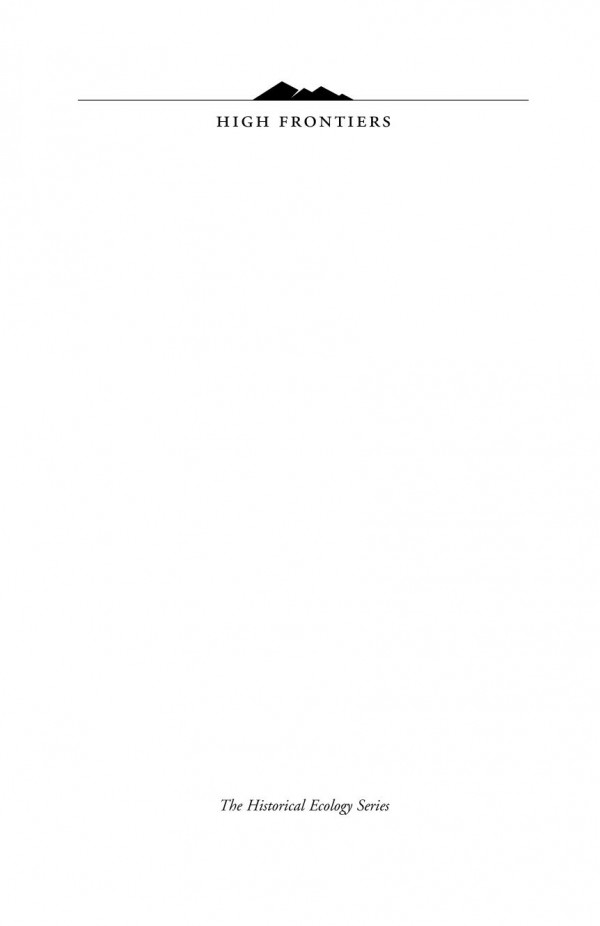

Most ebook files are in PDF format, so you can easily read them using various software such as Foxit Reader or directly on the Google Chrome browser.
Some ebook files are released by publishers in other formats such as .awz, .mobi, .epub, .fb2, etc. You may need to install specific software to read these formats on mobile/PC, such as Calibre.
Please read the tutorial at this link: https://ebookbell.com/faq
We offer FREE conversion to the popular formats you request; however, this may take some time. Therefore, right after payment, please email us, and we will try to provide the service as quickly as possible.
For some exceptional file formats or broken links (if any), please refrain from opening any disputes. Instead, email us first, and we will try to assist within a maximum of 6 hours.
EbookBell Team

4.0
36 reviewsAn ethnographic and ecological history of Dolpo, a culturally Tibetan region in western Nepal that is home to some of the highest villages on earth; almost ninety percent of the region lies above 10,000 feet in elevation. Its inhabitants wrest survival from this inhospitable landscape by creatively exploiting agriculture, animal husbandry, and trade.
Dolpo is a culturally Tibetan enclave in one of Nepal's most remote regions. The Dolpo-pa, or people of Dolpo, share language, religious and cultural practices, history, and a way of life. Agro-pastoralists who live in some of the highest villages in the world, the Dolpo-pa wrest survival from this inhospitable landscape through a creative combination of farming, animal husbandry, and trade. High Frontiers is an ethnography and ecological history of Dolpo tracing the dramatic transformations in the region's socioeconomic patterns. Once these traders passed freely between Tibet and Nepal with their caravans of yak to exchange salt and grains; they relied on winter pastures in Tibet to maintain their herds. After 1959, China assumed full control over Tibet and the border was closed, restricting livestock migrations and sharply curtailing trade. At the same time, increasing supplies of Indian salt reduced the value of Tibetan salt, undermining Dolpo's economic niche. Dolpo's agro-pastoralists were forced to reinvent their lives by changing their migration patterns, adopting new economic partnerships, and adapting to external agents of change. The region has been transformed as a result of the creation of Nepal's largest national park, the making of Himalaya, a major motion picture filmed on location, the increasing presence of nongovernmental organizations, and a booming trade in medicinal products. High Frontiers examines these transformations at the local level and speculates on the future of pastoralism in this region and across the Himalayas.